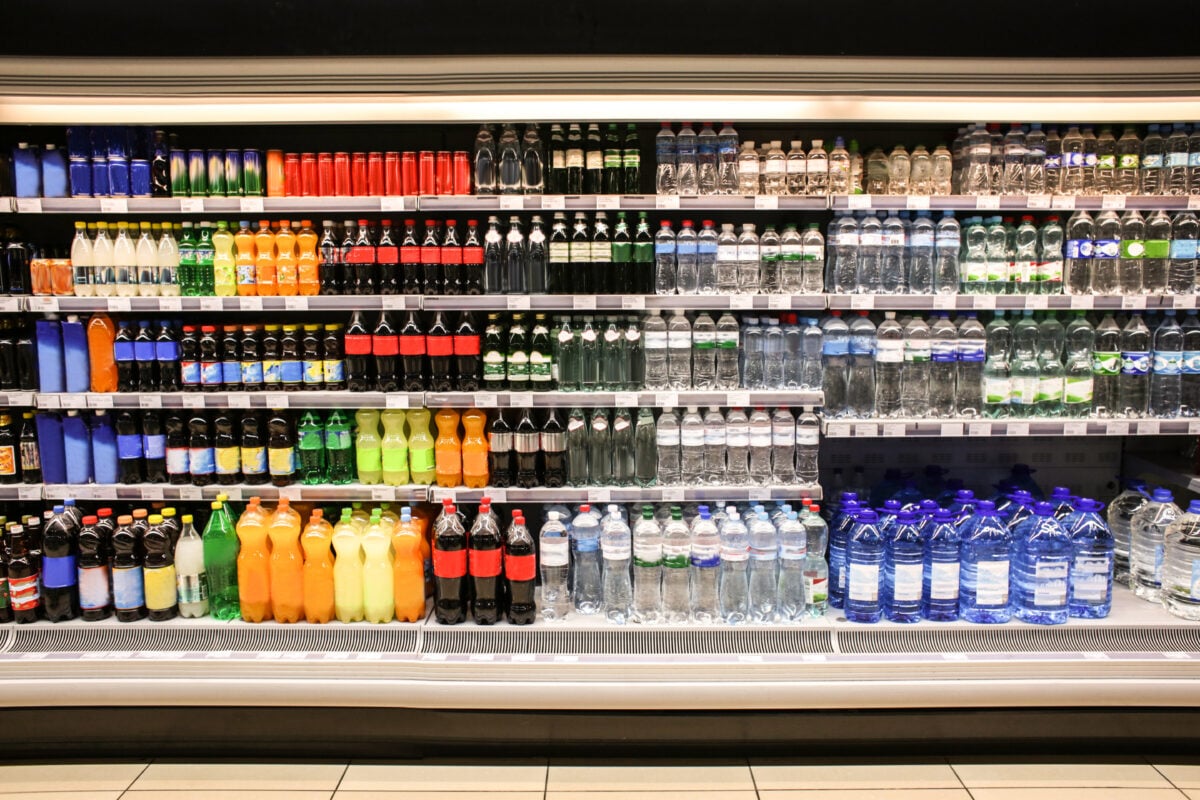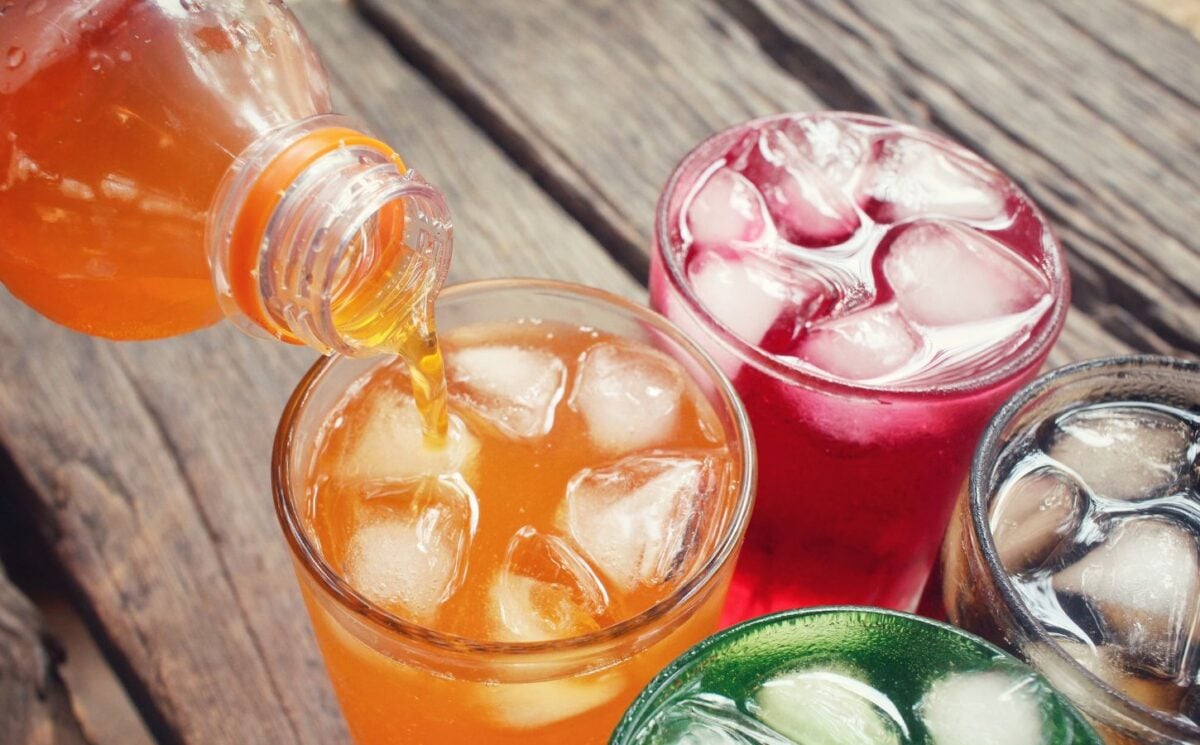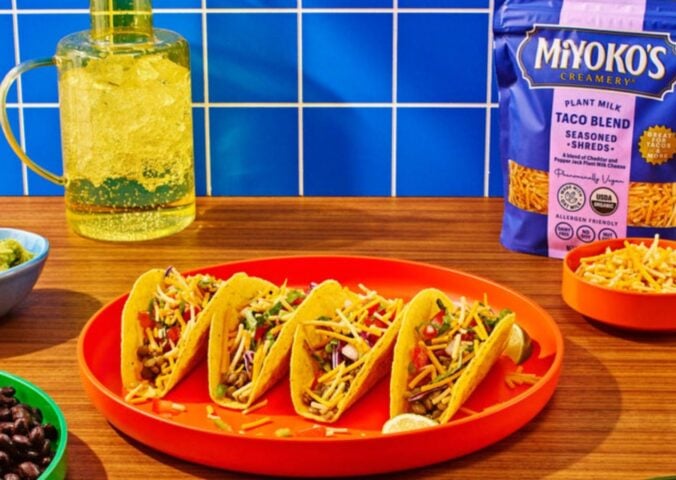The US Food and Drug Administration (FDA) has proposed banning brominated vegetable oil, or BVO, from food and beverages in the US due to potential health risks.
Read more: Retailers Urged To Move Away From Brightly Colored Plastic
BVO is a type of vegetable oil modified using the chemical element bromine, and today it is mostly used as a stabilizer and emulsifier in beverages, particularly in citrus sodas, energy drinks, and other fruit-flavored soft drinks, as well as certain syrups and sauces.
The FDA announced it would reassess BVO and potentially revoke its authorization for use in food and drink in November 2023. The proposal came just weeks after California enacted its own legislation banning the ingredient state-wide.
California’s Bill AB 418 prohibits using and selling BVO along with potassium bromate, propylparaben, and the known carcinogen Red 3 food dye in food and drink from 2027.
This marks the first time a US state has banned the use of food additives currently deemed safe by the FDA. The latest update from the FDA regarding its own ban confirms that animal studies of exposure to BVO reveal adverse health effects related to the thyroid, liver, and heart.
“Reassessing the safety of food ingredients as new, relevant data become available, is a priority for the FDA and a key part of our food safety mission,” said the FDA at the time.
Read more: A High Seafood Diet May Expose You To Large Amounts Of ‘Forever Chemicals’
Other countries already have brominated vegetable oil bans

New York State proposed two similar bills (A6424 A and S6055 B) to California, also in 2023, which would restrict the use and sale of “dangerous” food additives, including BVO. In the latter bill, its authors write “the recognition by the federal food and drug administration of any of these substances as safe may not be alleged as a defense.”
BVO has been used in food and drink since the 1920s, though the FDA initially removed the ingredient from its Generally Recognized As Safe (GRAS) list in 1970. BVO was then limited to a small amount per product and only for use in fruit-flavored soft drinks and sodas.
The UK and several European countries banned BVO completely in 1970, while India prohibited its use in 1990 and Japan in 2010. In 2014, PepsiCo said it would remove all BVO from its products, but didn’t do so until early 2020. As of 2023, Coca-Cola has also replaced the ingredient throughout its range.
Dr Pepper’s Sun Drop still includes BVO, as do several private label sodas and soft drinks such as Dollar Tree’s Stars and Stripes orange soda, and Walmart’s Mountain Lightning.
Read more: 81% Of USA Sandwich Bags Contain Toxic ‘Forever Chemicals’
Continued use of BVO in soda an ‘unacceptable’ risk
In addition to animal studies such as those cited by the FDA, there have been several notable case reports of adverse health effects in humans who consume large quantities of BVO-containing sodas regularly.
These include a case of bromism in 1997 caused by “excessive cola consumption,” and a case of bromoderma – ulcerated nodules and pustules – in 2003 caused by the “excessive ingestion” (anything above two liters per day) of Ruby Red flavor Squirt.
In the latter case, doctors successfully treated their patient with the medicine colchicine, but the report’s authors note that he may have recovered simply because he ceased drinking up to eight liters of the BVO-containing soda per day. Squirt still contains BVO.
Referring to the FDA’s proposed ban, Consumer Reports’ Director of Food Policy Brian Ronholm said that it was clear that BVO in soda poses an “unacceptable” health risk.
“Additives like BVO that have been shown to pose toxic risks to the thyroid and other chronic health problems should not be allowed in our food,” he continued. “We’re encouraged that the FDA has re-examined recent studies documenting the health risks posed by BVO and is taking action to prohibit its use.”






